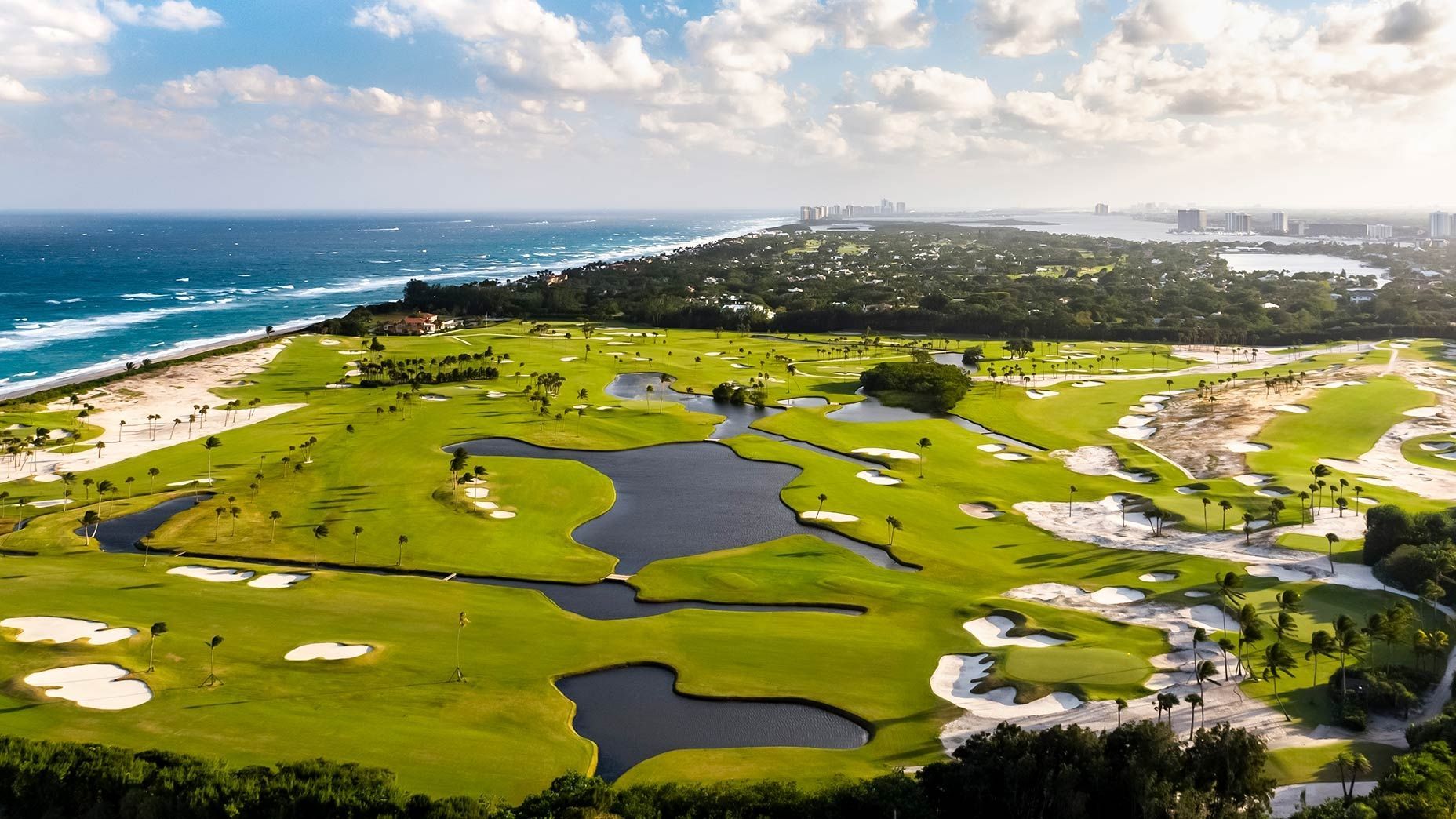Short-Term Rental Regulations in Largo, Florida

Short-Term Rental Regulations in Largo, Florida: The Rules Owners Should Know
Largo, located in Pinellas County, Florida, is a popular area for short-term vacation rentals, thanks to its proximity to beaches and tourist attractions. Whether you're an owner looking to capitalize on this trend or a visitor seeking a vacation stay, understanding Largo’s short-term rental regulations is essential. At Home Team Vacation Rentals, we help owners comply with these rules through our expert vacation rental management services available to Largo residents.
Overview of Largo’s Short-Term Rental Regulations
Largo’s short-term rental regulations are governed by Ordinance No. 2019-28, which aims to protect the character of residential neighborhoods while allowing for responsible rental operations. According to the ordinance, its intent is to ensure "short-term vacation rentals that are safe, fit in with the character of the community, provide positive impacts for tourism, increase property values, and achieve greater neighborhood compatibility" (Ordinance No. 2019-28, Sec. 1). These rules ensure that property owners meet specific safety standards, minimize disruptions to neighbors, and comply with local and state laws.
Key Elements of Largo’s Ordinance No. 2019-28
Purpose and Intent:
The ordinance seeks to balance the benefits of short-term rentals with the need to preserve the health, safety, and welfare of Largo’s residents and visitors. It emphasizes that these regulations are designed to "supplement, but not to replace, any existing federal or state law or regulation" (Ordinance No. 2019-28, Sec. 1).
Applicability:
These regulations apply to single-family homes, condominiums, and multi-family units rented more than three times per year for periods of less than 30 days. They do not apply to hotels, motels, or bed-and-breakfast establishments.
Key Standards for Short-Term Rentals in Largo
Occupancy Limits
The ordinance mandates that the "maximum occupancy for each short-term vacation rental unit is one (1) person per one hundred fifty (150) gross square feet of permitted, conditioned living space" (Ordinance No. 2019-28, Sec. 2.C).
Parking Requirements
According to the ordinance, "All short-term vacation rental units within the City are required to provide one (1) off-street parking space per three (3) transient occupants" (Ordinance No. 2019-28, Sec. 2.D).
Safety Standards
Properties must comply with the Florida Building Code and the Residential Swimming Pool Safety Act (Chapter 515, F.S.). The ordinance further specifies that "a portable, multi-purpose dry chemical 2A:10B fire extinguisher shall be installed, inspected and maintained" on each floor, along with "interior postings" containing emergency contact information and evacuation details (Ordinance No. 2019-28, Sec. 2.B.3, Sec. 2.B.4).
Responsible Party
A local responsible party must be available 24/7 to handle complaints or emergencies. According to the ordinance, this individual must be "willing and able to come to the short-term vacation rental unit within two (2) hours following notification to address any issue" (Ordinance No. 2019-28, Sec. 2.E.2).
Fines and Enforcement
Non-compliance with the ordinance may result in fines, enforced through "Chapter 9 of the City Code and/or Chapter 162, Florida Statutes" (Ordinance No. 2019-28, Sec. 2.G).
State-Level Regulations and DBPR Licensing
In addition to local regulations, property owners must comply with Florida state regulations enforced by the Florida Department of Business and Professional Regulation (DBPR). Rentals that meet the definition of a "transient public lodging establishment" require a state license. According to the DBPR document, transient rentals must follow state rules, including safety measures like fire extinguishers, smoke detectors, and pool safety (Florida DBPR).
Tax Collection
Florida imposes a 6% state sales tax on rentals of six months or less, along with local transient rental taxes such as the Tourist Development Tax. The Florida Department of Revenue specifies that taxes apply to "rental periods of six months or less" for various types of properties, including single-family homes and vacation houses (Florida Department of Revenue). Property owners must register with the Florida Department of Revenue to collect and remit these taxes.
While taxes don't sound like the best of fun, there are ways to deduct some of these costs by way of claiming them as deductions. To learn more, read our article, "Taxes on Vacation Rental Income."
Golf Cart Regulations
While golf carts are permitted in some areas of Pinellas County, Largo has taken a cautious approach. According to a Tampa Bay Newspapers article by Chris George, the Largo City Commission denied a request from Palm Hill Mobile Home Park to allow golf carts on city streets, citing safety concerns and the need for extensive signage (George).
Compliance Tips for Owners
To ensure compliance with Largo’s short-term rental regulations, follow these tips:
- Schedule Inspections: Book necessary compliance and safety inspections with the Community Standards Division and Fire Department.
- Stay Updated: Regulations may change over time. Keep in touch with city officials and subscribe to local government updates.
- Review Tax Obligations: Register with the Florida Department of Revenue to collect and remit all required taxes.
- Understand HOA Rules: Some homeowners associations (HOAs) may have stricter rules than the city or county regarding short-term rentals.
Additional Considerations for Visitors
Visitors should be mindful of the local regulations, including parking and occupancy limits, to ensure a smooth stay. Respecting these rules not only avoids fines but also ensures a better relationship between visitors and local residents.
Work with Us, Home Team Vacation Rentals
At Home Team Vacation Rentals, compliance is just the beginning of what we do. With our full-service luxury vacation rental management and Airbnb management services, we handle everything from legal regulations to maximizing your property’s potential. Our approach includes dynamic pricing, strategic marketing, and leveraging the latest technology to ensure top visibility and occupancy for your property. We manage a curated collection of luxury vacation homes, ensuring that each property delivers a five-star experience while optimizing returns.
When you work with us, you benefit from a dedicated team that handles every detail—from design and pricing to guest experience and compliance with local regulations like those outlined in Pinellas County's Short-Term Rental Regulations. Partner with us to boost your cash flow, reduce stress, and enjoy seamless property management. Sign up today and we’ll waive your first month’s commission.
Works Cited
City of Largo.Short Term Rental Ordinance. Ordinance No. 2019-28. Largo, 2019. https://cms7files.revize.com/largoflorida/Short%20Term%20Rental%20Ordinance.pdf. Accessed 12 Sept. 2024.
Florida Department of Business and Professional Regulation. Transient Public Lodging Establishment Licensing Requirements. Florida, 2021. https://www.flrules.org/Faw/FAWDocuments/FAWVOLUMEFOLDERS2011/3739/3739doc.pdf. Accessed 12 Sept. 2024.
Florida Department of Revenue. Sales and Use Tax on Rental of Living or Sleeping Accommodations. May 2021. https://floridarevenue.com/forms_library/current/gt800034.pdf. Accessed 12 Sept. 2024.
George, Chris. "Largo Leaders Hit Brakes on Golf Carts on City Roads." Tampa Bay Newspapers, 11 July 2018, updated 24 Apr. 2024. https://www.tbnweekly.com/largo_leader/article_ebb0297a-852d-11e8-ae1e-b387b76bb3e7.html. Accessed 12 Sept. 2024.



